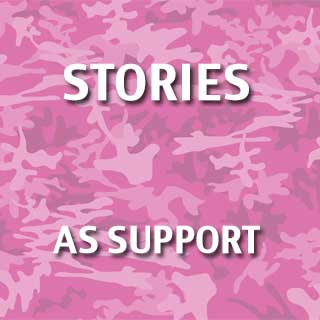If you subscribe to my e-newsletter, you received a link to an article on Tuesday. The article covered a Children’s Book Council panel talking about trends in children’s books, but also what some booksellers and librarians are hearing in terms of what customers/patrons are looking for in books. Though they touched on several things, one aspect in particular caught my eye: A Manhattan bookseller noted that many of their customers were coming in looking for what she called “’emotional tool kits’: titles that address readers’ emotional or psychological well-being by focusing on empathy, anxiety, and related topics.”
Granted, this is one bookseller in a large city. Other bookstores across the country may be hearing other requests for different types of book. But this struck me because this says that parents, grandparents,guardians, teachers, and more continue to turn to books and stories as a way to help children cope and also see themselves reflected in literature.
Didacticism vs Organic Lessons
Since the beginning of my entrance into the wonderful world of writing children’s books over two decades ago, I’ve heard “Don’t be didactic.” “Children’s books should not teach a lesson.” I whole-heartedly agreed and wouldn’t let my kids read some books that I felt were overtly lesson-oriented—they got enough lessons at school and at home. I wanted their reading to be full of fun and deeply felt emotion–any lessons that arose were organic to the story. And that’s one kind of book coming from certain publishers.
That said, I believe there is a very important place for overtly didactic books—those that explicitly deal with important issues that kids are moving through or living with. And I’m grateful there are publishers who publish these types of books.
The Gift of Being Together
One of the most valuable gifts we can give children is the gift of time. If a child is struggling with an issue and a relative or friend picks up a book around that topic—whether it’s overt or covert in its message—and sits down to share that book with the child, it becomes a shared experience. Whatever happens during those minutes together often creates a memory and emotional bonding. That, even more than the book, can be healing and transformative.
Each story we write and share has the potential to support a child in some way. With laughter, with solidarity, with ways to deal with challenges.
It’s a sacred, joyful and satisfying path we’ve chosen, for sure. 🙂





It has taken me some time to process what you meant about being overly didactic as it relates to a story I workshopped with you at Lighthouse Writers. I wasn’t quite sure what you meant. I do now! I am entirely revising my manuscript to make it more fun.
Jenny! I’m glad things became clearer. I do hope you are only revising because it feels right for the story. There is definitely a place for stories that are more overtly lesson-oriented so if that is the market you want to write for, you should stick with your original vision! Hope to see you soon. I think I sent you an email about my upcoming Picture Book Intensive at LH in April–there are still some spots left if you are looking to take another class. If not, have a great time with your revision!
So very true, Denise!
Thanks, Karin!
Couldn’t agree more Denise! Thank you for your thoughtful post.
Thanks so much for reading it!